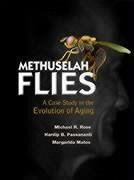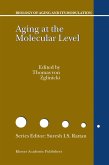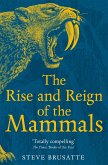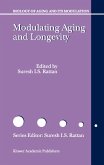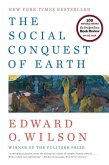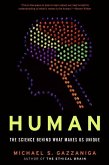Methuselah Flies presents a trailblazing project on the biology of aging. It describes research on the first organisms to have their lifespan increased, and their aging slowed, by hereditary manipulation. These organisms are fruit flies from the species Drosophila melanogaster, the great workhorse of genetics. Michael Rose and his colleagues have been able to double the lifespan of these insects, and improved their health in numerous respects as well. The study of these flies with postponed aging is one of the best means we have of understanding, and ultimately achieving, the postponement of aging in humans. As such, the carefully presented detail of this book will be of value to research devoted to the understanding and control of aging.Methuselah Flies:¿ is a tightly edited distillation of twenty years of work by many scientists¿ contains the original publications regarding the longer-lived fruit flies¿ offers commentaries on each of the topics covered ¿ new, short essays that put the individual research papers in a wider context¿ gives full access to the original data ¿ captures the scientific significance of postponed aging for a wide academic audience
Hinweis: Dieser Artikel kann nur an eine deutsche Lieferadresse ausgeliefert werden.
Hinweis: Dieser Artikel kann nur an eine deutsche Lieferadresse ausgeliefert werden.

